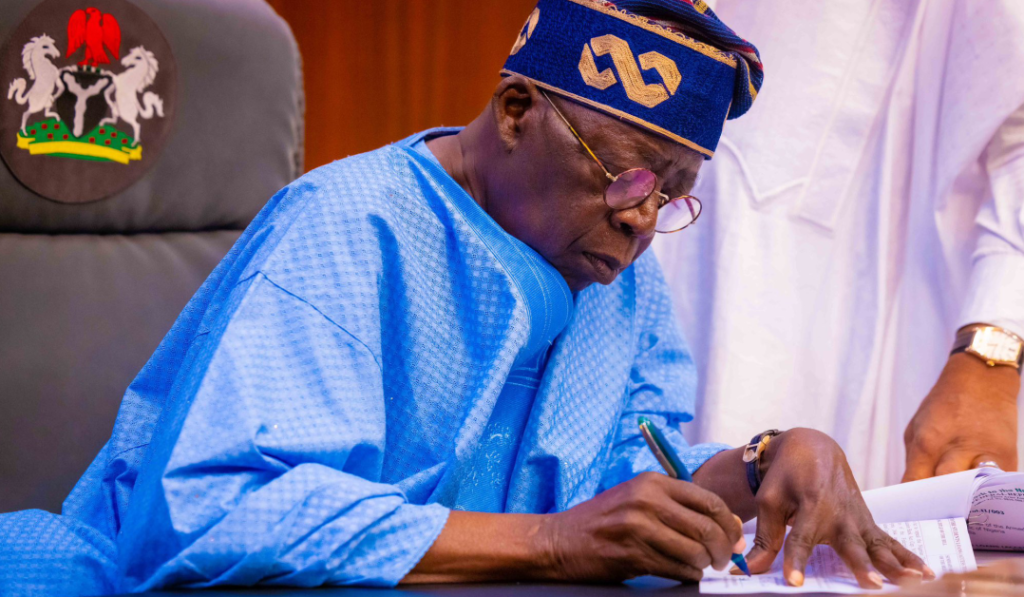A cooperative lab for research and development in renewable energy sources has been created by Qatar University’s (QU) College of Engineering (CENG) and College of Arts & Sciences (CAS).
This partnership is a significant step toward fostering interdisciplinary collaboration and sustainable energy solutions in line with Qatar’s National Vision 2030.
The collaborative lab, dubbed the “Renewable Energy Lab,” will be situated on QU property. It will act as a focal point for cutting-edge research, development, and instructional initiatives centered on renewable energy sources, such as solar energy, wind energy, biomass, batteries, CO2 conversion, and energy storage.
“This partnership between the College of Engineering and the College of Arts & Sciences underscores our commitment to fostering innovation and sustainability,” stated Dr. Khaled Kamal Naji, dean of CENG. We want to improve effective research, develop the next generation of energy leaders, and advance renewable energy solutions by combining our knowledge and resources.
“The collaboration between CENG and CAS will encompass a wide range of areas, including joint research projects, publication endeavors, sharing of laboratory equipment and software, organization of workshops and conferences, organization of student internship and exchange programs, grant proposal development, grant proposal development, fundraising activities, and public outreach initiatives,” he added.
Prof. Dr. Ahmed ElZatahry, dean of the College of Arts and Sciences, expressed his enthusiasm for the collaborative lab, adding, “This collaboration represents a good chance to exploit the unique capabilities of our colleges.
We will work together to address the difficult problems in renewable energy research in order to create a future that is greener and more sustainable. We are honored to take part in this crucial project.
“The collaboration between CENG and CAS will encompass a wide range of areas, including joint research projects, publication endeavors, sharing of laboratory equipment and software, organization of workshops and conferences, organization of student internship and exchange programs, grant proposal development, grant proposal development, fundraising activities, and public outreach initiatives,” he added.
Prof. Dr. Ahmed ElZatahry, dean of the College of Arts and Sciences, expressed his enthusiasm for the collaborative lab, adding, “This collaboration represents a good chance to exploit the unique capabilities of our colleges.
We will work together to address the difficult problems in renewable energy research in order to create a future that is greener and more sustainable. We are honored to take part in this crucial project.








